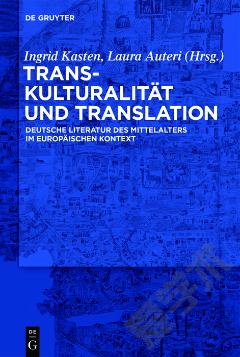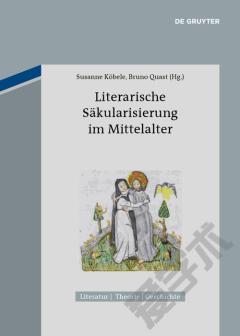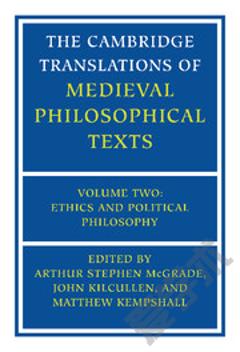Translations of Authority in Medieval English Literature: Valuing the Vernacular
In Translations of Authority in Medieval English Literature, leading critic Alastair Minnis presents the fruits of a long-term engagement with the ways in which crucial ideological issues were deployed in vernacular texts. The concept of the vernacular is seen as possessing a value far beyond the category of language - as encompassing popular beliefs and practices which could either confirm or contest those authorized by church and state institutions. Minnis addresses the crisis for vernacular translation precipitated by the Lollard heresy; the minimal engagement with Nominalism in late fourteenth-century poetry; Langland's views on indulgences; the heretical theology of Walter Brut; Margery Kempe's self-promoting biblical exegesis; and Chaucer's tales of suspicious saints and risible relics. These discussions disclose different aspects of 'vernacularity', enabling a fuller understanding of its complexity and potency.
{{comment.content}}








 京公网安备 11010802027623号
京公网安备 11010802027623号